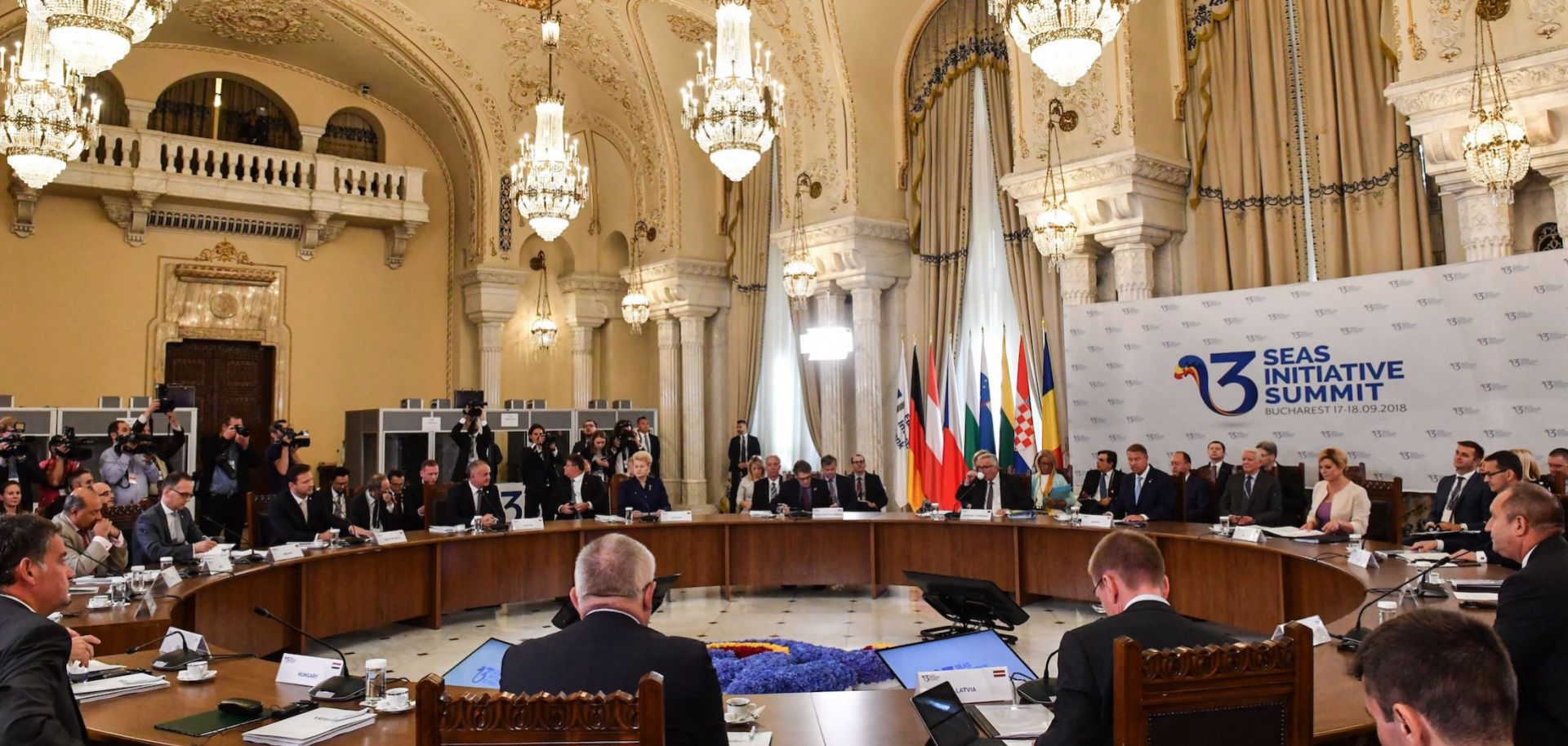COLUMNS
The Baltic Nations Look Abroad and See Problems

Oct 4, 2018 | 09:00 GMT

European Commission President Jean-Claude Juncker (center) and representatives of the Three Seas Initiative take part in a summit on Sept. 18 in Bucharest, Romania. Three of the 3SI's members, Estonia, Latvia and Lithuania, are increasingly concerned by events on their doorstep.
(DANIEL MIHAILESCU/AFP/Getty Images)
Highlights
- Membership in the European Union and NATO will remain the cornerstone of Lithuania's, Latvia's and Estonia's foreign policy strategies.
- Friction in the Atlantic alliance, as well as political fragmentation in Europe, will continue to pose a threat to the Baltic states, because these countries depend on their international alliances for their security.
- While NATO membership is an important factor deterring a formal invasion, the Baltic countries will remain under threat from other forms of aggression, including cyberattacks and disinformation campaigns.
Subscribe Now
SubscribeAlready have an account?
